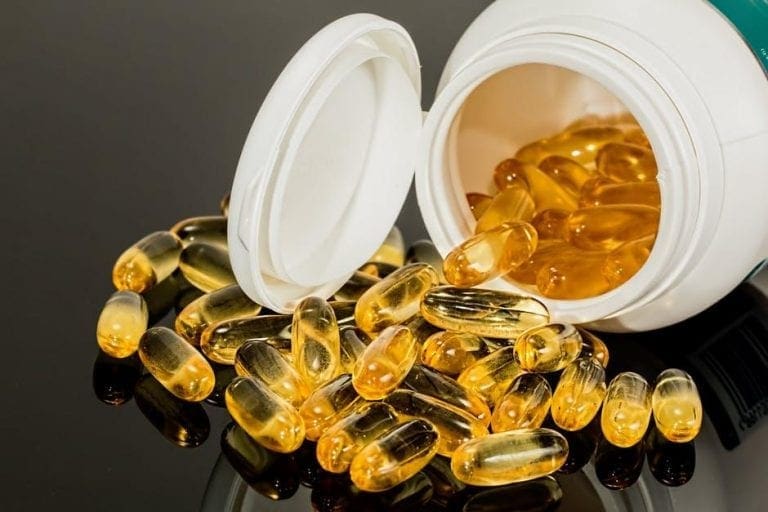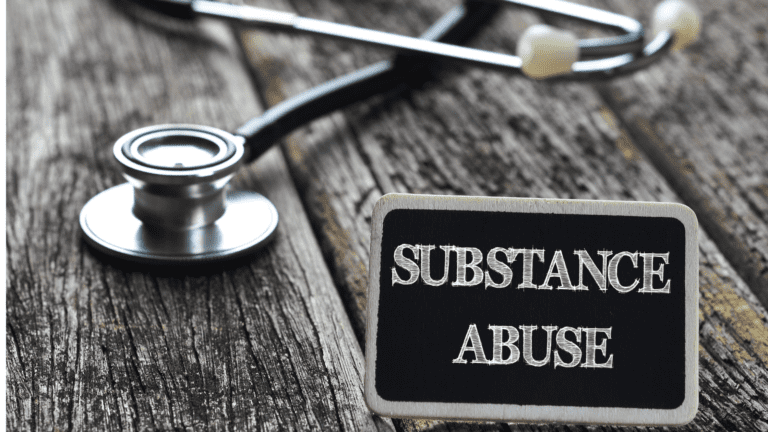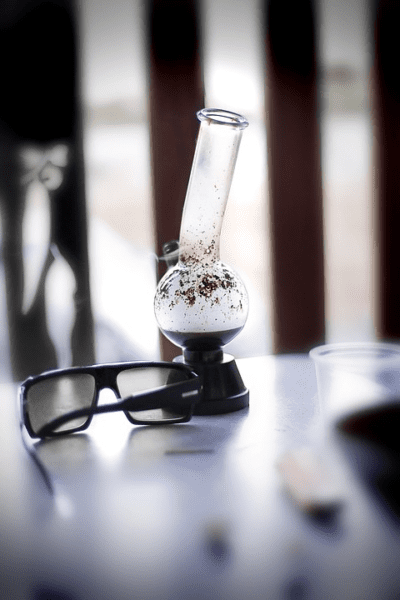Health Impacts of Contaminated Water at Camp Lejeune: Understanding the Consequences

The military and a private dry cleaner contaminated two water systems on Camp Lejeune, Tarawa Terrace and Hadnot Point, with volatile organic compounds (VOCs). These chemicals are known to cause serious health consequences.
These compounds included cancer-causing substances like trichloroethylene and perchloroethylene. Many veterans, families, and civilian workers suffered health complications from these contaminants.
Birth Defects
Trichloroethylene (TCE) and tetrachloroethylene (PCE), which are both found in the drinking water at Camp Lejeune, can have damaging health impacts for those exposed, especially when exposure is chronic or long-term. Expert studies on TCE and PCE show they can affect the kidneys, liver, and nervous system. The exposure to toxic water at Camp Lejeune has been linked to various health issues among veterans and their families, prompting efforts to address and provide support for those affected by this contamination.
Exposure to these solvents can also cause congenital disabilities in pregnant women because they cross the placental barrier and can impact fetal growth and development. Chronic exposure to TCE and PCE can cause neurobehavioral effects because the solvents affect brain cell function.
Exposure to TCE has been associated with Parkinson’s disease, while benzene has been found to affect bone marrow hematopoietic stem cells, perhaps resulting in multiple myeloma. A mortality study shows a high risk of kidney cancer among residents of Camp Lejeune due to contamination.
Cancer
Studies have linked drinking water at Camp Lejeune to various cancers, including bladder and kidney cancer. The contaminants found at the base include perchloroethylene (PCE) and trichloroethylene (TCE), industrial solvents commonly used for cleaning metal machine parts, and benzene and vinyl chloride.
PCE is known to cross the placental barrier, exposing the fetus to its harmful effects. It is also linked to cancer of the lungs, liver, and kidneys.
Other medical conditions linked to the toxic water at Camp Lejeune include aplastic anemia and myelodysplastic syndrome, which occur when bone marrow’s immature blood cells do not develop into healthy, normal blood cells. Scleroderma, female infertility, and neurobehavioral effects have not yet been made presumptive by the VA but may be eligible for benefits when research confirms the connection.
Multiple Myeloma
Benzene is a known carcinogen that can suppress bone marrow and lead to myelodysplastic syndrome. This blood condition occurs when immature blood cells fail to mature into healthy blood cells and can eventually develop into leukemia or other types of cancer.
Exposure to the organic solvents TCE, TCPP, and kidney illness and kidney cancer risk can both be raised by vinyl chloride. These chemicals can also cause neurological problems and congenital disabilities, such as spina bifida.
Certain volatile organic chemicals were found in drinking water from two Camp Lejeune water treatment plants by the Marine Corps in 1982. This contaminated water caused significant health impacts among the Marines, civilian workers, and their families who lived or worked at Hadnot Point and Tarawa Terrace.
Parkinson’s Disease
For years, the drinking water at Camp Lejeune was contaminated with industrial solvents like perchloroethylene and trichloroethylene. Many service members, family members, and civilians unknowingly consumed this tainted water. Today, those who spent time at the base are dealing with numerous health complications and diseases that our government now recognizes can be linked to this contamination.
These include aplastic anemia and myelodysplastic syndromes, two severe blood disorders that occur when your bone marrow doesn’t make enough new blood cells to function correctly. Vinyl chloride toxicity can also cause heart, liver, and immune system issues. It can also lead to neurological problems like Parkinson’s disease. People living and working on the base experienced exposure through water consumption, skin contact, and inhalation during showering and dishwashing.
Spina Bifida
Marines and their families who lived or worked at Camp Lejeune may have suffered severe water contamination symptoms that they overlooked until years after their exposure to vinyl chloride ended. This includes bladder cancer, which forms in the cells lining the bladder and the tubes that lead from the kidneys to the bladder (ureters). Exposure to TCE and PCE also increases men’s risk of developing breast cancer.
A fourth chemical in the contaminated water at Camp Lejeune, benzene, causes blood, liver, and immune system issues. It is hazardous for infants. Other symptoms of exposure to contaminated water at Camp Lejeune include dental problems, such as fracturing or tooth loss. These issues can develop in children, and they can also impact grandchildren.
Author’s Note: I was personally affected by this contamination.









